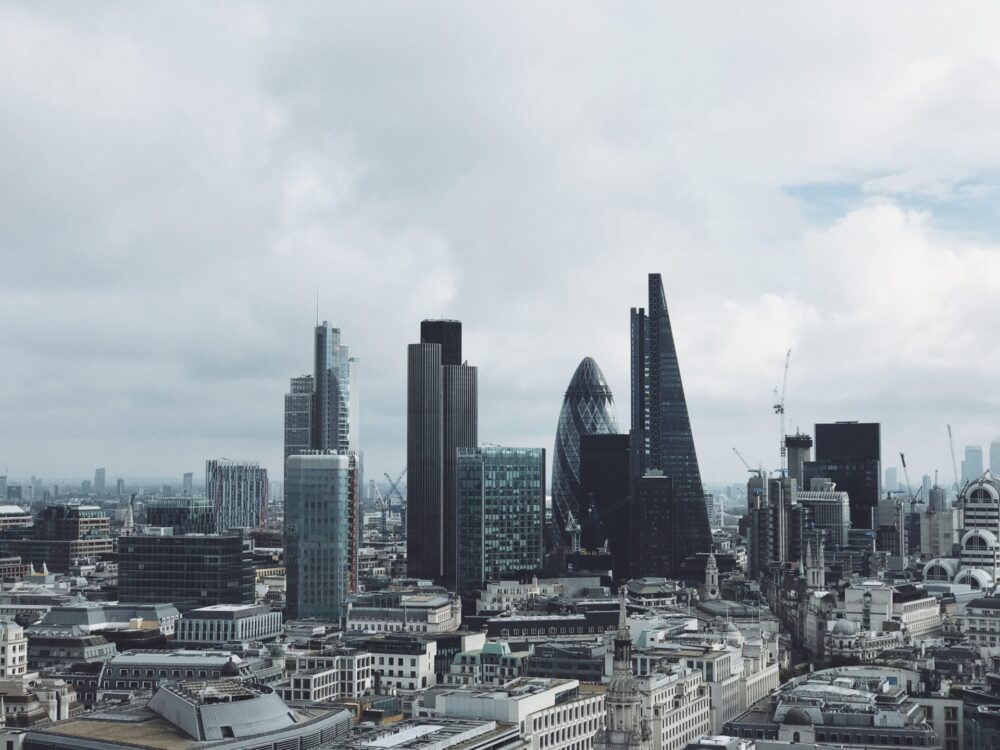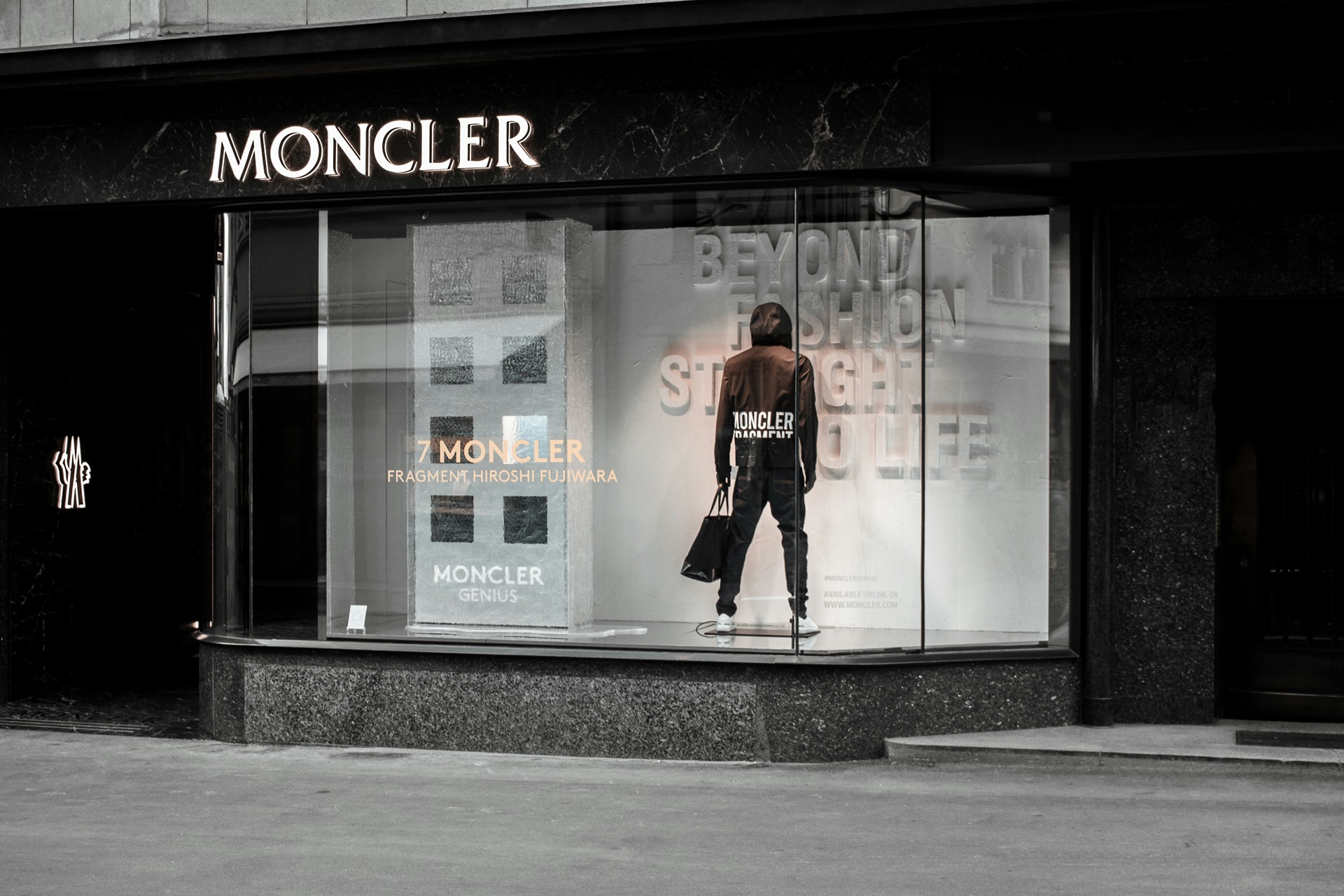

From the war in Ukraine hiking worldwide energy and fuel prices, rapidly rising rates of inflation and a cost-of-living crisis; these have all set off a ripple effect impacting businesses.
We are nearing the end of 2022 and the economy has already gone through so much since the start of the year. From the war in Ukraine hiking worldwide energy and fuel prices, rapidly rising inflation rates and a cost-of-living crisis; these have all set off a ripple effect impacting businesses. Our latest findings from Savanta’s UK Business Tracker have given us a chance to explore further what barriers businesses have faced and what is to come in the next few months.
The UK Business Tracker shows that in October the UK inflation rate was a current and future challenge for nine out of ten businesses (89%). These figures are significantly higher compared to January when inflation was an everyday challenge for 77% of businesses, whilst perceived as a future challenge by 79% of the UK businesses overall.
Almost three-quarters (73%) of businesses say that inflation has negatively impacted them. Small businesses, in particular those with fewer than 10 employees, are more likely to be significantly negatively impacted by inflation (44% vs 33% overall).
Businesses spending
There appears to be a correlation between the size of the business and expenditure considering rising business costs and inflation. Small businesses tend to be either unaffected by rising costs and inflation or cutting a significant amount of expenditure. Whilst medium and large businesses are floating in the middle and not making such substantial decisions.
A significant number of medium and large businesses were more likely to spend more cautiously (53% vs 45% of small businesses). Whilst sole traders were largely unaffected regarding increases in business costs and inflation (21%% vs 9% medium and large business). Small businesses (again, especially those with fewer than 10 employees) were twice more likely to cut a significant amount of expenditure (13% compared to 6% medium and large businesses).
However, there has been an increase in the number of businesses that say they will cut a significant amount of expenditure in the next 6 months compared to what they are currently doing (from 11% to 15%).
Knock-on effects for businesses
The knock-on effects of rising costs of doing business and inflation have continued to negatively impact businesses, with 40% saying it has impacted the ability of suppliers to provide their services and 38% saying it has impacted the well-being of the employees.
39% of businesses have begun to change the prices that they charge customers for their products/services. This has risen significantly to 46% amongst the Retail & Wholesale sector and 42% for small businesses. Almost a quarter (24%) of businesses have changed their advertising/marketing spending as they start feeling the cost crunch.
Customer behaviour changes
The cost-of-living crisis is not only affecting business behaviours but also customers.
Customers are cutting costs for things that can be deemed as not essential hence why the Savanta Business Tracker has observed that 20% of the Arts, Entertainment and Recreation sector has seen customer demand decline by 51%-75% since late 2021, relative to other sectors. Two in five (42%) in this sector believe that the industry will start to decline.
Interestingly, medium/large businesses were significantly more likely to say that demand from customers has increased (26% vs 16% small businesses).
Sentiment towards Government support
More than two-thirds (67%) of businesses agreed that the rising business costs and the cost-of-living crisis warrants a government response. This figure rises to 75% for sole traders. More than half (51%) of sole traders felt that the government should provide more financial support for lower-income households (to stimulate spending in the economy). Three in five (60%) of businesses within the Arts, Entertainment and Recreation sector said this too. Small businesses felt that there needs to be more targeted support for them (51% vs 38% overall).
More than half (55%) of businesses feel that the Government is not doing enough to address rising business costs and the cost-of-living crisis. Almost half (44%) of businesses felt that the government should provide more financial support for lower-income households (to stimulate spending in the economy) followed by 42% saying the government should introduce greater/ more stringent windfall taxes (i.e., on energy companies, other sectors profiteering from the current economic environment).
Thinking ahead
Despite the tough economy that businesses within the UK are operating in, most feel that they will still be operating by the end of the next 12 months. In October, confidence in surviving was still level at 74% (compared to 73% in May) – a figure that has stayed consistent throughout the length of the Savanta Business Tracker.
Perhaps, support from the UK Government needs to be more tailored to business size and sector as opposed to a one size fits all approach. Perhaps then we can see an increase in confidence from those sectors that will be affected the most this winter.
For more information about our UK Business Tracker please download our rate card or get in touch with one of our business experts here.








